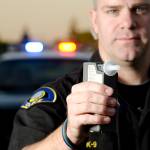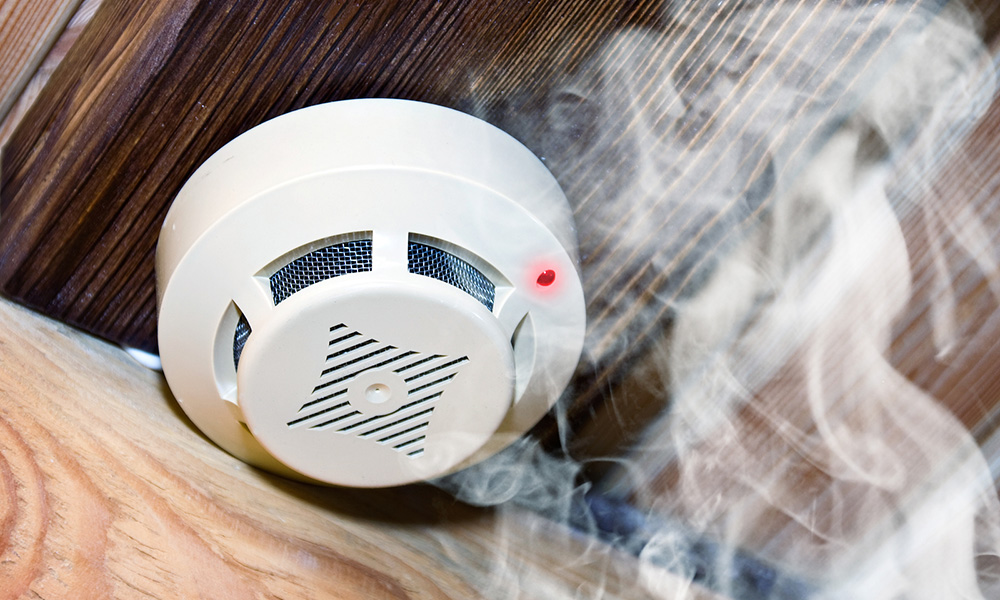In a court of law, both sides, prosecutors and the defendants have a right to offer evidence for their case. This is how a court of law works. Defendants who come in are innocent until proven guilty. That’s the important thing to remember in our society. No one is unduly guilty until they are proven guilty in a court of law. So, it is the prosecutor’s job to present evidence of the defendant’s guilt. In the same way, the defendant has the right to defend themselves against said accusations by having a criminal defense lawyer.
To make this even more fair, each side has a right to obtain and view the evidence before the hearing. Knowing what evidence the prosecutor has allows the defendant the opportunity to defend against the accusations being leveled against him or her. In that same way, seeing the evidence presented against them, the defendant might have their lawyer asked the court to have certain evidence excluded from the case.
Their reasons might be that the prosecutor got the evidence illegally or they did something that violated their constitutional right and thus the evidence should be tossed out. From there, the Federal Rules of Evidence will be able to decide whether the evidence does violate the defendant’s constitutional rights or if the court should deem it admissible. Every state does it differently but for the most part, it’s very similar to the procedures federal courts use.
Different Types of Evidence
By definition, evidence is any material that is part of a legal proceeding. It can include things like photographs, video, written statements, physical objects, like weapons, digital evidence, test results, testimony from others, especially witnesses, and more. The evidence has to be relevant to the case. That means the evidence must play a role in either making the material facts of the case more or less probable.
Evidence can go against or for a defendant. It’s not just the prosecutor who brings evidence in the case. They will do their best to find evidence that proves the defendant is guilty, but the defense has a chance to dispute their evidence and present some of their own. Any “evidence” that’s not relevant to the case can be dismissed. A judge might even determine a piece of evidence is admissible but still, be denied because it would influence the jury in an unfair manner. It must have probative value in proving or disproving the material facts.
The judge must also find that the evidence is reliable to be used. This is often why prosecutors will bring in expert witnesses to validate that certain evidence, like ballistics tests, blood analysis, and/or other types of forensics done is completely accurate and reliable in proving guilt. Some of the evidence presented by itself might not be enough to establish this burden of proof, so experts are called in as a backup.
What is Hearsay and Is It Admissible?
Hearsay is essentially a rumor started by others that is said outside a court of law. For example, maybe the prosecutor heard from Joe Blow down the road that he heard from his friend that the defendant robbed a liquor store. Of course, the prosecutor may try to get this entered as part of the record, but it’s generally known as being inadmissible. Typically, hearsay is unreliable testimony. You don’t know if Joe Blow really did hear that or not and it can’t be proven or used against the defendant.
Having the Right to Remain Silent
The Fifth Amendment to the U.S Constitution states that no person can ever be compelled to witness against himself in a criminal court case. That means the prosecutor can’t call you up to the stands to make statements or testify against or for yourself. You have a right to do this, but oftentimes the defense convinces the defendant not to take the stand, less they complicate the case for them. You also have a right to refuse to provide evidence against yourself that might incriminate you in a crime.
Exclusionary Rules in Court
Once again, it’s important to note that every defendant has rights when facing a trial and a jury of their peers. They have rights that must be upheld from the moment they’re arrested and read their Miranda rights. If these rights are violated at any point during the arrest, investigation, or leading up to and including the trial, then the defense has an opportunity to ask that evidence be suppressed. This would be evidence obtained by prosecutors and/or police.
The worst thing anyone in law enforcement can do is violate the rights of any American citizen, even if it seems obvious they’re guilty. Every person has a presumption of innocence until a trial and jury finding proves otherwise. You even have a right under the Fourth Amendment against searches of your home, vehicle, and other property without a warrant. The Fifth Amendment states you cannot be forced to incriminate yourself in any crime.
The Sixty Amendment affords you the right to have an attorney present when being questioned. The officers must read you your Miranda rights before they begin questioning you. Any evidence that is being collected while violating any of these rights is considered by the court as “fruit of the poisonous tree” and often inadmissible.
So, the only way a defendant can have evidence against them suppressed is if they can reasonably assert that the evidence was gained or obtained against their Constitutional rights and privileges. This type of thing does routinely happen and court cases have been thrown out because of it. If you’re unsure of your rights, contact a defense attorney right away.
A defense attorney will be able to help you understand what your rights are and can guide you throughout the entire process from arrest to conviction and the trial. If your rights are violated, they can ask the court to suppress specific evidence obtained while that happened. You definitely don’t want to endure the process yourself without the knowledge you need to fully defend yourself and your rights.
Read one of our recent blogs here: How To Protect Yourself From A False Domestic Violence Charge?













Comments are closed.